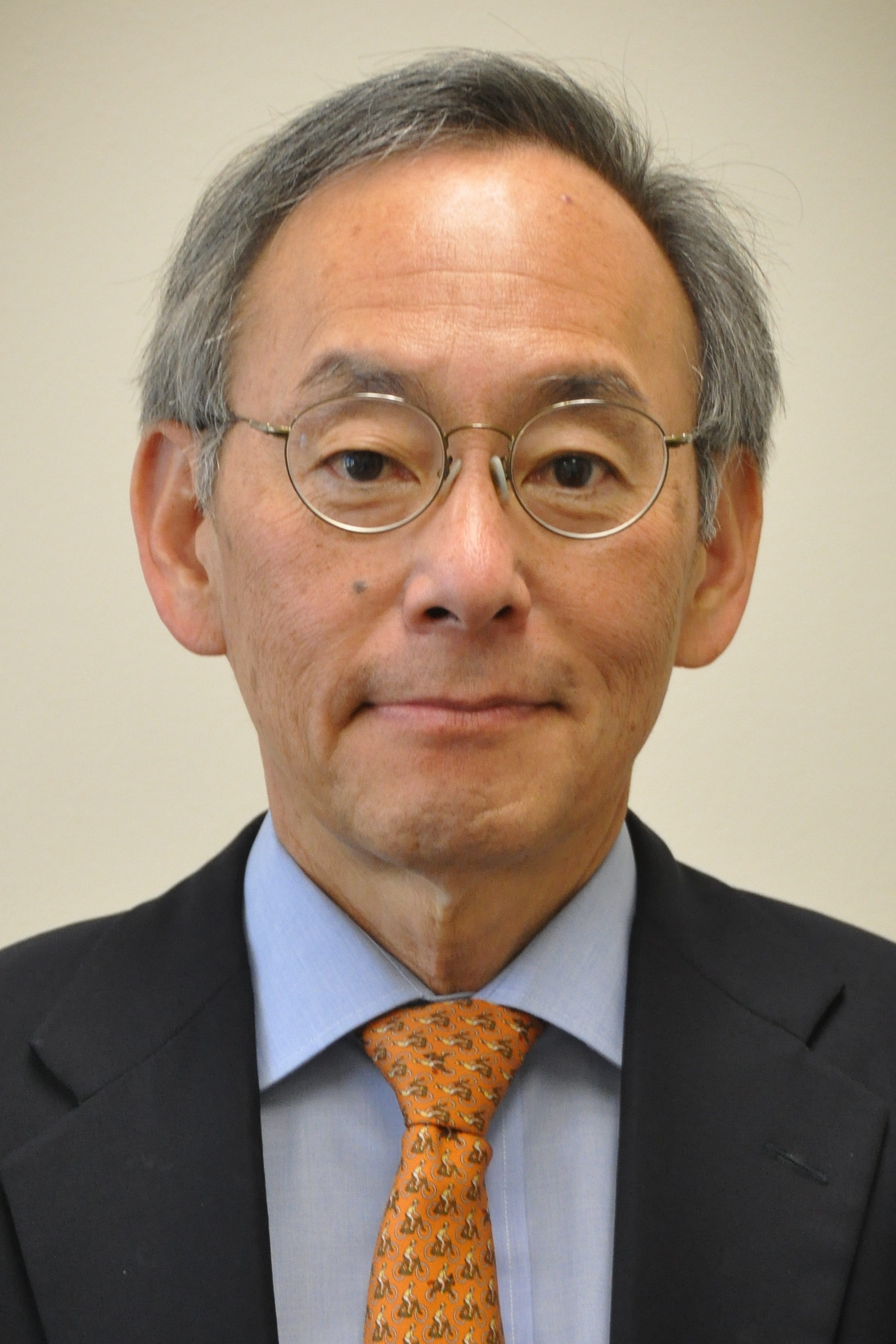Nobel Laureate Steven Chu to speak at Virginia Tech

Nobel Laureate Steven Chu will give the inaugural lecture of the Hugh and Ethel Kelly Lecture Series at Virginia Tech on Friday, Oct. 11.
His lecture, "How to Create a Bell Labs 2.0 in Today's Realities," is scheduled for 1-2:30 p.m. in Burruss Hall Auditorium located at 800 Drillfield Drive. His appearance and the Hugh and Ethel Kelly Lecture Series are presented by Virginia Tech's College of Engineering and the Institute for Critical Technology and Applied Science.
Parking for guests not affiliated with Virginia Tech is available at 1330 Perry Street in the Perry Street parking garage. A parking pass and campus map can be obtained from the Institute for Critical Technology and Applied Science by calling 540-231-2597.
Following the lecture, Research Day activities will take place at Kelly Hall on 325 Stanger Street, site of the institute's headquarters building. A poster session, laboratory tours, and reception are scheduled from 2:30-5 p.m.
As a member of President Barack Obama's Cabinet from January 2009 until April 2013, Chu, who was the energy secretary, managed the Department of Energy's annual budget of approximately $26 billion with an additional $36 billion allocated through the Recovery Act.
Having worked for AT&T Bell Laboratories, he created for the department a Bell Labs like culture where employees were valued for their intellectual curiosity and the content of their ideas.
This agency quickly garnered a reputation for its outstanding funding choices and incisive program management because he personally helped identify and recruit a number of outstanding scientists and engineers into government service and used his leadership to begin some important Department of Energy initiatives that included Energy Innovation Hubs, Clean Energy Ministerial, and the Advanced Research Projects Agency - Energy which nurtured high-risk, high-reward technologies that achieved game-changing improvements instead of incremental ones.
Prior to accepting his post in the Obama administration, he served as director of the Lawrence Berkeley National Lab, professor of both physics and molecular and cell biology at the University of California, Berkeley, and professor of physics and applied physics at Stanford University where he helped start Bio-X, a multidisciplinary initiative that brings together the physical and biological sciences with engineering and medicine.
He recently returned to Stanford University as the William R. Kenan Jr. Professor of Physics and Professor of Molecular and Cellular Physiology.
Chu remains committed to mitigating climate change through the development of new technologies and business models that will accelerate the transition to sustainable energy. He is unique in his breadth of interdisciplinary research and in his international experience. As a visionary leader in the federal government, he remains active in both science and energy policy and is acknowledged as a pioneer in both.
A co-recipient of the 1997 Nobel Prize for Physics for his contributions to the laser cooling and trapping of atoms, his other research areas include testing fundamental theories in physics, atom interferometry, the study of polymers and biological systems at the single molecule level, and biomedical research. He is the author of 250 scientific and technical papers and holds 10 patents.




.jpg.transform/m-medium/image.jpg)